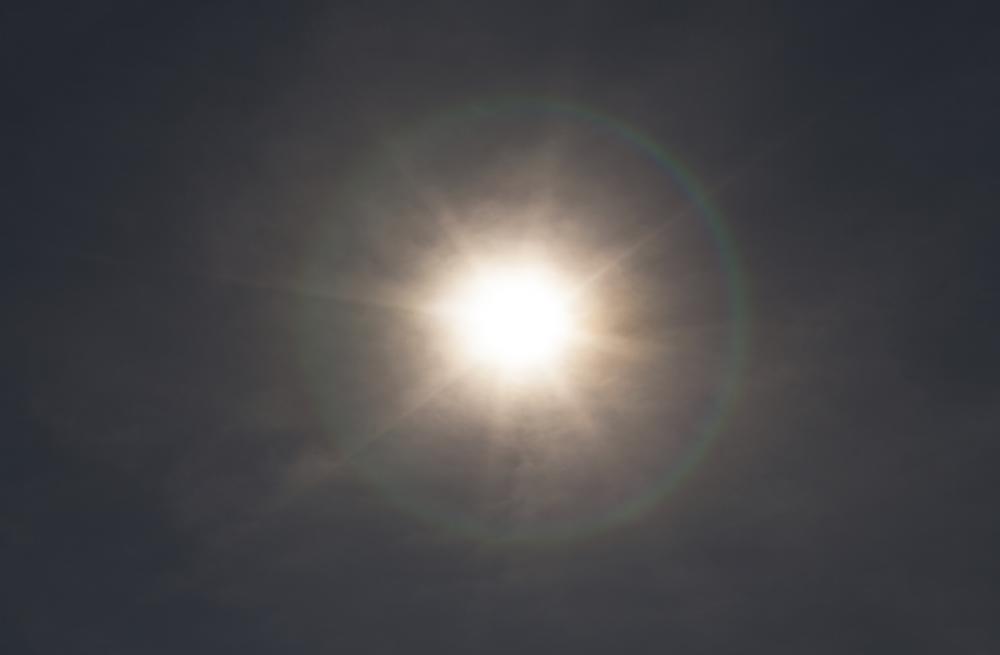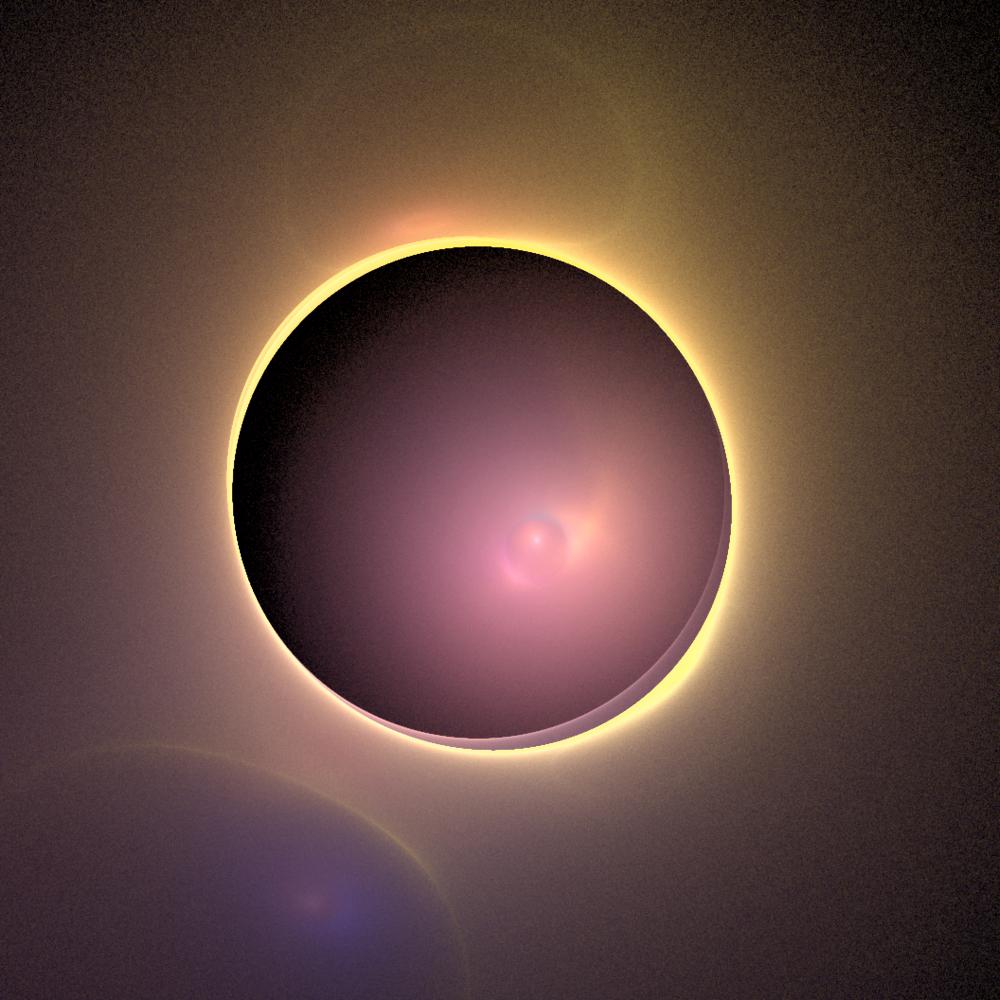
Understanding Eclipse Injury
Experiencing a solar eclipse is a momentous occasion that draws millions of eyes skyward. However, the marvel of this celestial event comes with its risks, notably eclipse injury. At Eclipse Injury Attorneys, we’ve seen firsthand the outcomes of using improper eyewear during these events. Eclipse injury primarily refers to damage to the eyes from looking at the sun without appropriate protection, leading to conditions such as solar retinopathy. This condition manifests through symptoms like blurred vision, a central blind spot, altered color vision, and in severe cases, pain or permanent vision loss.
Our commitment extends beyond the courtroom; we aim to educate and prevent such injuries through awareness and proper safety measures. Ensuring your sunglasses meet ANSI standards is a critical step in safeguarding your vision against harmful UV and IR radiation during an eclipse.
The Importance of Proper Eclipse Gear
Choosing the Right Sunglasses
Not all sunglasses are created equal, especially when it comes to protecting your eyes during a solar eclipse. The American National Standards Institute (ANSI) sets forth criteria that eclipse glasses should meet to ensure they block out the necessary light spectrum effectively. Our advice? Always verify that your glasses are ANSI-certified before an eclipse. This minor step can be the difference between a memorable experience and a regrettable one.
Counterfeit Glasses: A Hidden Danger
In recent years, the market has seen an influx of counterfeit eclipse glasses. These fakes not only fail to protect but also endanger your eyesight. Part of our mission at Eclipse Injury Attorneys is to guide you in identifying genuine protective gear, safeguarding your vision from irreversible damage.
Identifying and Treating Eclipse Injuries
Understanding the symptoms of eclipse injury is crucial for timely intervention. Should you experience discomfort, blurred vision, or a blind spot after viewing an eclipse, these could be signs of solar retinopathy. Immediate consultation with an eye doctor is paramount to assess the extent of eye damage and to discuss potential treatments.
Treatment for eclipse injury varies based on the severity of the retinal damage. In some cases, vision may gradually improve over time; however, in others, the damage might be permanent. Early detection and professional medical advice are your best defenses against long-lasting impairment.
Legal Recourse for Eclipse Eye Injury
If you’ve suffered an eclipse injury due to defective or counterfeit glasses, you may be entitled to compensation. At Eclipse Injury Attorneys, our expertise lies in navigating the complexities of product injury law to hold negligent manufacturers or sellers accountable.
Preserving evidence like the glasses, packaging, and receipts, alongside your medical records, can strengthen your case. We’re equipped to guide you through each step, from the initial consultation to securing the compensation you deserve for medical expenses, pain, and suffering.
Preventing Future Eclipse Injuries
- Education: Understanding the risks and knowing how to select ANSI-certified sunglasses is the first step in prevention.
- Advocacy: We advocate for stricter regulations and enforcement against the sale of counterfeit eclipse glasses.
- Community Outreach: By engaging with the community through workshops and seminars, we spread awareness about the importance of eye protection during solar eclipses.
Personal Insights from Eclipse Injury Cases
In our years of handling eclipse injury cases, we’ve seen a wide range of impacts, from temporary discomfort to severe, life-altering vision loss. One case that stands out involved a young girl who used defective glasses to view an eclipse, resulting in significant vision impairment. Her bravery and resilience in adapting to her new circumstances were truly inspiring. It underscored the critical importance of our work, not just in securing justice for those affected but in preventing similar injuries through education and advocacy.
This and many other cases have deepened our understanding of the emotional and physical toll of eclipse injuries, driving us to fight even harder for our clients and the broader community.
Seeking Assistance from Eclipse Injury Attorneys
If you or someone you know has been affected by an eclipse injury, reaching out for legal help is a crucial step. Our team at Eclipse Injury Attorneys is dedicated to providing you with the support, knowledge, and representation needed to navigate the aftermath of such injuries. Protecting your vision and well-being is our top priority, and we stand ready to assist those impacted by unsafe sunglasses to secure the compensation and justice they deserve.
For more insights or to discuss your case, visit our website or contact us directly. Let us help you take a stand against negligence and ensure such preventable injuries are significantly reduced in the future.

How will I know if I damaged my eyes from the eclipse?
When it comes to recognizing eclipse-induced eye damage, or solar retinopathy, the symptoms can vary significantly from one person to another. Typically, you may experience blurred vision, a noticeable blind spot in your central vision, distortions in color perception, or even eye pain. It’s worth noting, however, that these symptoms might not appear immediately. In some cases, it can take several hours to a few days post-eclipse for symptoms to manifest. If you notice any of these signs, it’s essential to consult with an eye care professional promptly. Remember, prevention is always better than cure, so wearing ANSI-certified sunglasses during an eclipse is crucial for protecting your eyes.
How long does it take to get eclipse blindness?
The onset of symptoms related to eclipse blindness, or solar retinopathy, can vary widely. Some people might start noticing symptoms such as blurred vision or a central blind spot within a few hours after exposure, while for others, these signs might not become apparent until several days later. The range of symptom onset largely depends on the extent of exposure and individual susceptibility. The key takeaway here is that any delay in symptoms doesn’t necessarily mean your eyes haven’t been damaged. So, if there’s any chance you’ve looked at an eclipse without proper protection, getting a professional eye examination as soon as possible is prudent–even if you’re not experiencing immediate symptoms.
How many people damaged eyes from eclipse?
It’s challenging to pinpoint the exact number of people who suffer eye damage from watching an eclipse without proper protection, primarily because not everyone reports such incidents or seeks medical help. However, after major eclipse events, hospitals and eye care providers typically see a spike in patients complaining of symptoms consistent with solar retinopathy. For instance, following the 2017 solar eclipse in the United States, anecdotal reports from ophthalmologists indicated an increase in cases of eye problems related to the event. This underscores the significance of widespread public education on the importance of using ANSI-certified eclipse glasses to prevent such injuries.
What to do if your eyes hurt after the eclipse?
If you start experiencing discomfort or any symptoms such as blurred vision or a blind spot after viewing an eclipse, the first and most crucial step is to seek medical advice from an eye care professional. While there’s no specific “cure” for solar retinopathy, early diagnosis and management are vital. Your doctor can assess the extent of the damage and may recommend treatments that could help manage symptoms and potentially prevent further harm. Remember, taking prompt action is key to protecting your vision. Meanwhile, sharing your experience can also play a significant role in raising awareness about eclipse safety.
What legal protections exist for individuals harmed by defective eclipse glasses?
For those who have suffered eye injuries due to defective or counterfeit eclipse glasses, there are legal avenues to seek compensation for damages. At Eclipse Injury Attorneys, we specialize in product liability law, particularly cases involving eclipse glasses that failed to meet safety standards. If you’ve been affected, preserving the glasses, packaging, and any purchase records can significantly strengthen your case. Beyond securing compensation for medical expenses, pain, and suffering, taking legal action serves a broader purpose–it sends a strong message about consumer safety and holds manufacturers and sellers accountable for negligence. We’re here to guide you through each step, ensuring that you understand your rights and options.
Resources
- American Academy of Ophthalmology: This trusted organization provides information on eye health, including risks and prevention strategies for eclipse injuries. Visit the American Academy of Ophthalmology
- American National Standards Institute (ANSI): Learn more about the standards for eclipse glasses set by ANSI to ensure your eyewear offers proper protection. Visit ANSI
- Centers for Disease Control and Prevention (CDC): The CDC offers guidelines on eye safety and injury prevention, including information on eclipse-related risks. Visit the CDC
- National Eye Institute (NEI): The NEI provides resources on eye health and safety, including tips for protecting your vision during solar eclipses. Visit the NEI